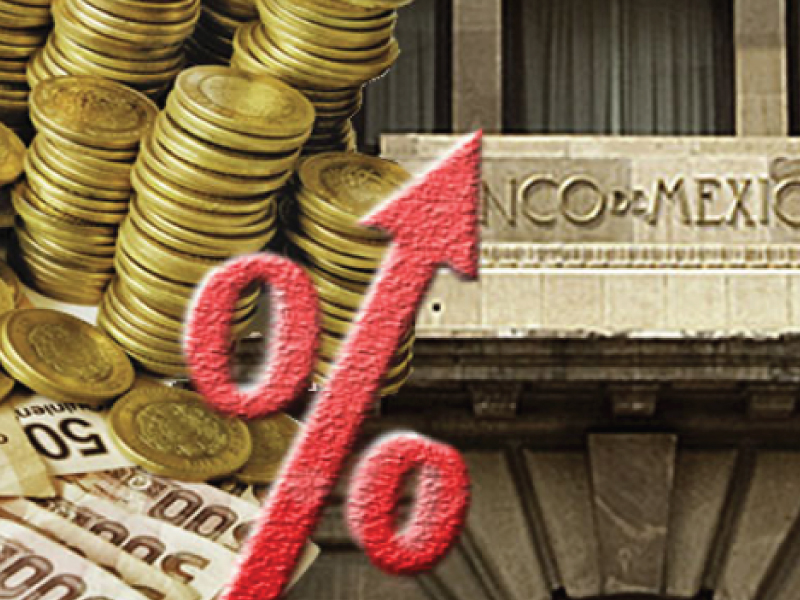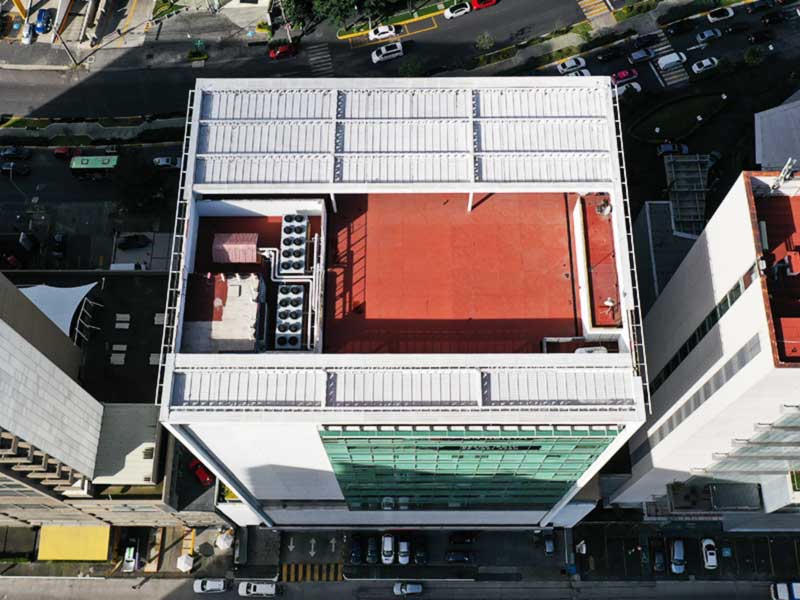El propósito de la presente nota es informar a nuestros clientes sobre el incremento que sufrió el costo de préstamos a un máximo histórico del 10% (diez por ciento), anunciado por la Junta de Gobierno del Banco de México, el 10 de noviembre de 2022, con el objetivo de mantener el ritmo de la campaña de endurecimiento más agresiva de la Reserva Federal estadounidense en años, siendo Estados Unidos el principal mercado de exportación para México.
Antecedentes
Actualmente, las economías a nivel global han enfrentado dificultades debido a diversas situaciones que se han suscitado últimamente, con especial atención al conflicto geopolítico y a la pandemia mundial COVID-19; dos (2) de los eventos más significativos que han contribuido a que el Banco de México de un día a otro, haya aumentado la tasa de interés interbancaria en 75 (setenta y cinco) puntos base a 10% (diez por ciento), a partir del 11 de noviembre de 2022. Adicionalmente, un número considerable de bancos centrales en todo el mundo, han continuado incrementado sus tasas de referencia, mismas de las que se espera se mantengan en niveles altos, como es el caso de la Reserva Federal, al incrementar el rango objetivo de fondos federales por 75 (setenta y cinco) puntos base, por cuarta vez consecutiva.
Un factor importante a tener en consideración es que el Banco de México frecuentemente suele tomar en cuenta las acciones de su homólogo estadounidense al momento de tomar decisiones con respecto al incremento de su política monetaria, toda vez que la disminución de la brecha entre las tasas del gobierno estadounidense y del gobierno mexicano, podría conducir a salidas desestabilizadoras de su capital.
Según el Banco de México, se sigue proyectando que la inflación alcance un objetivo del 3% (tres por ciento) en el tercer trimestre de 2024 (proyecciones sujetas a riesgo).
Factores clave en el incremento del rango objetivo para la tasa de interés interbancaria a un día.
En este sentido, los principales riesgos globales que afectan la política monetaria del Banco de México incluyen:
a) La pandemia global COVID-19.
b) Persistencia de las presiones inflacionistas
c) Aumento en la inestabilidad geopolítica.
d) Condiciones monetarias y financieras estrictas.
Por otro lado, la reciente apreciación del peso mexicano es una señal positiva para la economía de México, y el Banco de México ha destacado su "mayor resistencia que otras monedas".
—
Autores
Gerardo Gallego Díaz de Leon (Socio) y Patrick Seaver Stockdale Carrillo (Asociado Senior).










